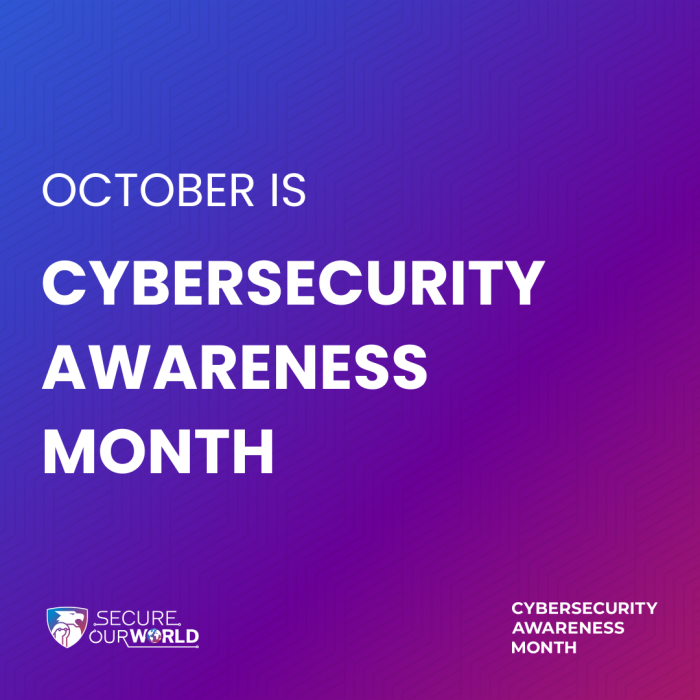Fall is almost here and that means cooler nights, leaves changing color and an increase in cyber-attacks and fraud incidents. That’s right, as the leaves are falling down, the criminal activity seems to ramp up.
As Cybersecurity Awareness Month kicks off this October, Greylock Federal Credit Union’s Fraud and Loss Prevention Officer, Mystie Ford, emphasizes the importance of digital safety. Here are some practical tips to help you protect your personal information and stay secure online.
- Use Strong, Unique Passwords-Creating strong, unique passwords for each of your accounts is crucial. Ford says to avoid using easily guessable information like birthdays or common words. Consider using a password manager to keep track of your passwords securely.
- Enable Two-Factor Authentication-According to Ford, two-factor authentication (sometimes called Multi-Factor Authentication) adds an extra layer of security by requiring a second form of verification, such as a text message, a phone call, or authentication app, in addition to your password. This makes it harder for cybercriminals to access your accounts.
- Be Wary of Phishing Scams-Phishing scams often come in the form of emails or messages that appear to be from legitimate sources. Be cautious of unsolicited communications asking for personal information or urging you to click on suspicious links. Verify the sender’s identity before responding. “Greylock and most other respectable financial institutions, will never call or email you asking for personal information, such as account numbers or passwords,” Ford added.
- Keep Software Updated-Regularly updating your software, including operating systems, browsers, and applications, helps protect against vulnerabilities. Enable automatic updates whenever possible to ensure you have the latest security patches.
- Use Secure Wi-Fi Connections-Avoid using public Wi-Fi networks for sensitive transactions, such as online banking or shopping. If you must use public Wi-Fi, consider using a virtual private network (VPN) to encrypt your internet connection.
- Backup Your Data-Regularly back up important data to an external hard drive or cloud storage service. This ensures you can recover your information in case of a cyberattack or hardware failure.
- Educate Yourself and Others-Stay informed about the latest cybersecurity threats and best practices. Share this knowledge with friends and family to help them stay safe online as well.
- Act Quickly-If you suspect that you have been the victim of a cybercrime or fraud, the key is to act quickly. “Contact your financial institution(s) immediately if you believe you are a victim of cybercrime or fraud,” warns Ford. “That’s your best chance to recover any lost funds and to prevent the criminals from stealing even more.”
By following these tips, you can significantly reduce your risk of falling victim to cyberattacks. Remember, cybersecurity is a shared responsibility, and staying vigilant is key to protecting your digital life.


